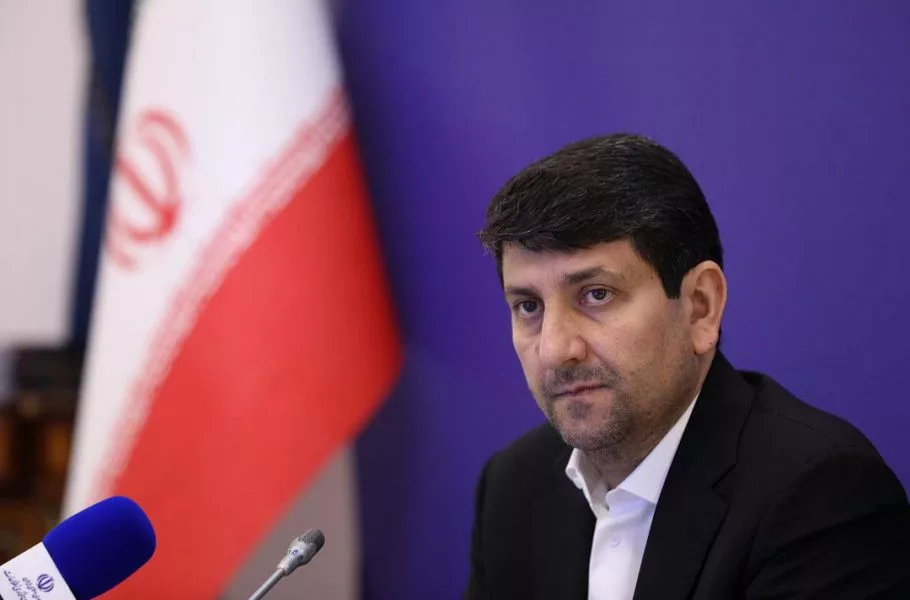
Iranian ICT Minister Calls for Internet Filtering Policy Review
Iranian Minister stresses need for revisiting internet filtering policies affecting network quality and digital economy.
The Iranian Minister of ICT has emphasized the need to revisit internet filtering policies due to the widespread use of virtual private networks (VPNs). He stated that VPN usage pollutes the network and reduces communication quality, highlighting the urgency of new governance methods in cyberspace.
Focus on Communication Justice
Last night, Sattar Hashemi spoke during a special news interview, discussing measures taken to achieve 'communication justice' under the Fourteenth Government. He noted that rural infrastructure development has progressed significantly, connecting six villages to high-speed internet daily on average.
Hashemi elaborated on the Ministry of Communications and Information Technology's plans and achievements during a live television program. He began by referencing efforts during the twelve-day imposed war. "The actions taken during that period were not widely visible due to their behind-the-scenes nature. However, our colleagues worked tirelessly to ensure stable communication for people nationwide," he said.
Challenges During Wartime
Hashemi described the challenges faced in maintaining communication during the war. "In the initial days, many people moved from metropolitan areas to tourist-friendly cities, especially northern regions. Since communication infrastructure is designed based on population density, maintaining stable communication during disrupted population distribution was one of our most difficult tasks," he explained.
He also emphasized how the country managed one of its most extensive cyberattacks during this period. "This required full coordination between technical and security teams. Some specialized personnel were relocated from Tehran to other regions to maintain service quality and network stability," he added.
Additionally, Hashemi highlighted efforts to provide essential goods during the crisis. "Distribution faced challenges in the initial days. Through cooperation with ministries and institutions, we restored market stability quickly," he said. Institutional collaboration and public support helped mitigate the damage.
The Role of Internet in Economic Growth
Hashemi stressed the importance of high-quality internet for the digital economy. "High-quality internet is the oxygen of the digital economy. If this oxygen is reduced, innovation and startups will suffer," he said. He warned that neglecting communication infrastructure could lead to skilled workforce migration as top university graduates and elites are active in this sector.
The minister also praised young professionals for countering cyberattacks during the twelve-day war. "These skilled experts managed severe enemy attacks and prevented widespread damage," he noted.
VPN Usage and Internet Filtering Policies
Hashemi reiterated the need to review internet filtering policies, citing the adverse effects of VPN usage on network performance. He explained that widespread use of VPNs has led to network pollution, increased security vulnerabilities, and unusual traffic patterns. "More than 80 percent of users utilize VPNs; this sends a clear message," Hashemi said.
He stressed that lawful governance in cyberspace must align with local conditions to ensure enhanced public access quality while supporting legal frameworks. Comprehensive analytical reports presented by his ministry revealed that filtering restrictions failed to achieve their intended objectives and instead exacerbated network issues.
Strategic Framework for Cyberspace Governance
Based on these findings, the 'Access Regulation and Cyberspace Governance Framework' was developed and approved by the Supreme Council of Cyberspace with input from government leaders. While implementation has faced delays due to national circumstances, Hashemi emphasized that its progress continues at the highest levels of governance.
"Executive sessions are held regularly. Differing opinions on execution methods are natural, but our goal remains achieving sustainable consensus in decision-making processes," Hashemi stated. He highlighted that even during the twelve-day war, work on this framework did not cease, showcasing consistency in national planning.












